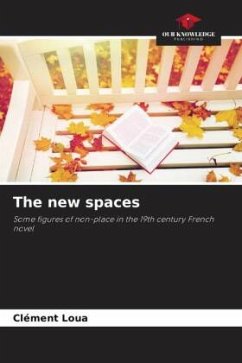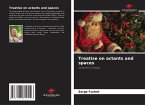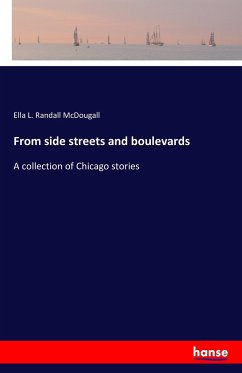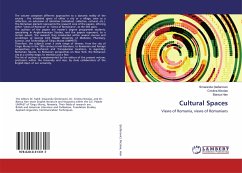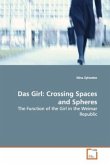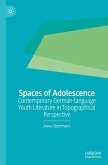Modernity has highlighted new relationships between man and his environment. From the perspective of the study of spatiality, this contribution focuses on the concept of new spaces theorized by French anthropologist Marc Augé, who apprehends space under new paradigms: non-places. It attempts to categorize the forms of these new spaces in the novelistic creation of the 19th century, a period disrupted by incessant revolutions, according to whether they are determined by fixity or mobility.
Bitte wählen Sie Ihr Anliegen aus.
Rechnungen
Retourenschein anfordern
Bestellstatus
Storno

